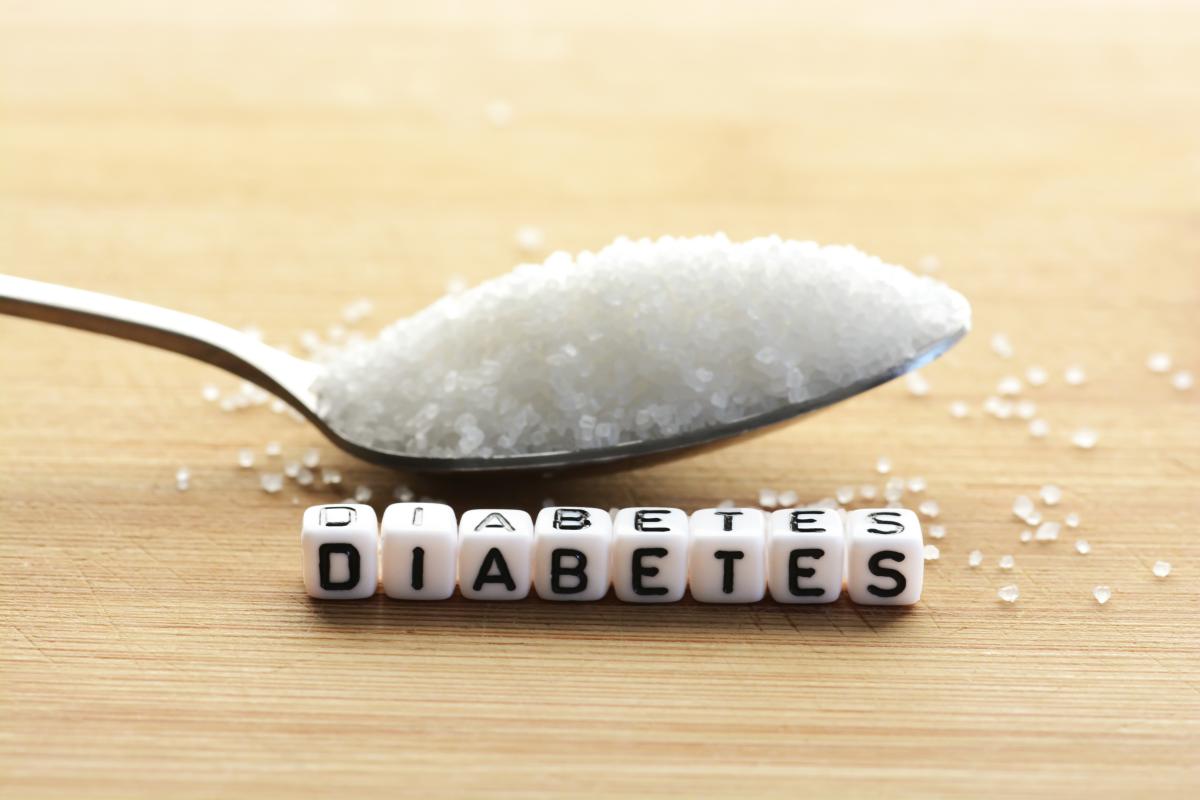Do you know where your pancreas is?
Posted 15 September 2019

The pancreas is an important organ in our body, which plays a vital role in keeping our blood sugar levels in balance; but most people wouldn't know much about it or where it is in their body Your pancreas is actually tucked behind the stomach! There is produces enzymes to help break down food in our small intestine, and also creates the hormone insulin for managing our body's blood sugar levels.
You've probably heard of insulin - some people with diabetes need to inject it regularly to keep themselves healthy. There are 2 main reasons why people need to have insulin injections. Their pancreas was destroyed by their body's immune system (type 1 diabetes) or their pancreatic cells have been working so hard to try to manage high blood sugar level that they get worn out and eventually shut down and die (type 2 diabetes).
What happens is we don't have insulin?
Insulin is like a gate-keeper to move sugar (glucose) from our blood stream into our cells. This is then used for energy at the time or be stored for later. Without insulin, sugar stays in the blood stream. If our blood has too much sugar in it for too long, the concentration of sugar can damage fragile cells in the eyes, nervous system and kidneys (as well as other areas like the heart and brain). This is why severe cases of untreated diabetes can cause blindness, loss of feeling in the feet and hands and kidney failure.
Before the concentration of sugar gets that bad, early symptoms of high blood sugar levels can include thirstiness and urinating more frequently, as the body tried to get rid of excess sugar through the urine; causing dehydration. About 5 -10% of all people with diabetes have type 1 diabetes (where the immune system has destroyed the pancreas). The cause of type 1 diabetes is largely unknown, but the condition may have a genetic predisposition and usually affects children or presents before the age of 30. The onset is typically very abrupt and the symptoms very obvious. The good news is these people can manage their condition and live a healthy life by supplying their body with insulin via injections or use of an insulin pump under the directions of a Doctor.
Type 2 diabetes develops more slowly over time, and people may not have notable symptoms for years or decades before they can be diagnosed. In fact, many Australians have type 2 diabetes and are not aware of it. Doctors can diagnose diabetes by measuring your blood sugar levels after various test. Your pharmacist can also screen you for your general risk. It's far better to identify type 2 diabetes at an early stage that you can limit any further damage or worsening of symptoms.
Some lifestyle risk factors for type 2 diabetes include
- Being overweight (especially around the waist)
- Low level of physical activity (for example more than 2 hours of television watching per day)
- Unhealthy eating habits, such as regularly choosing high fat, high sugar, high salt or low-fibre foods.
- Cigarette smoking
- High blood pressure and cholesterol
Type 2 diabetes is typically managed with oral medications or insulin injections. With lifestyle adjustments some patients can decrease their medications or cease it completely. Your pharmacist can help you whether you'd like to reduce your risk of diabetes or manage your diabetes in a way that helps you best reach your treatment goals.
Speak with us today about our weight management options, blood sugar level monitors and other healthy living tips we can provide to support you with your health goals.


